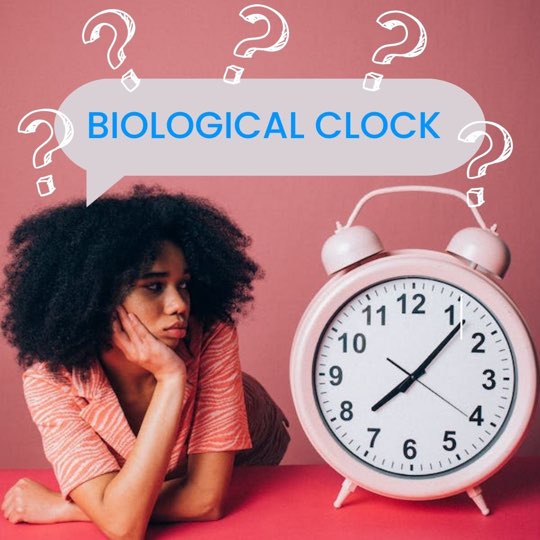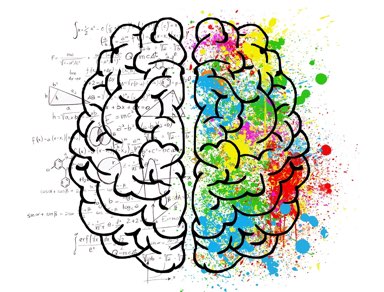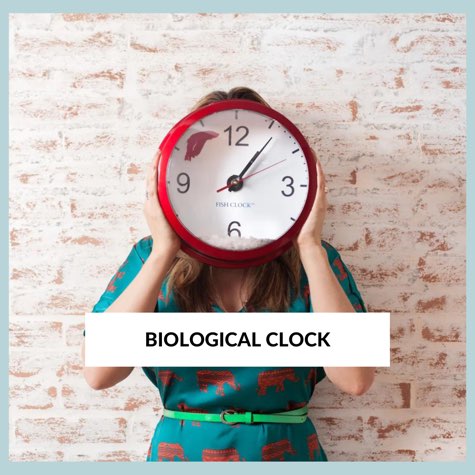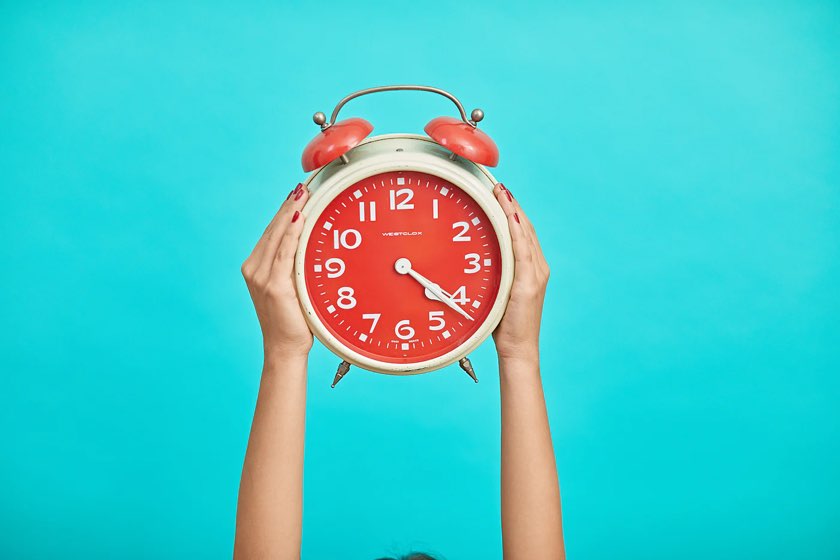The other day when I opened my eyes from sleep, it was 6:30 in the morning. This was a free Sunday without any emergency duty. Yet weirdly, I woke up early without any alarm. This happened due to an internal timing mechanism that is active within us known as “biological clock”. But what does biological clock mean ?
We feel hungry at around the same time everyday, go to bed and wake up at a certain time. Even we clear bowel at a specific period of day. As if we have some in-built clock.
Yes, It is true. We all have an internal clock, called “biological clock”. In this blog we will discuss ‘How biological clock works ?’ & ‘How it tells us time, at subconscious level?’.
Introduction
These days we are wowed by what ‘Artificial intelligence’ is able to do! But you will be surprised to know that, nature’s creation is far more sophisticated.
And one such miracle is “Biological Clock”. Can you imagine that we have an inherent clock with alarm, timer and also calendar in it. No, it doesn’t look like a physical clock. It is different.
What does biological clock mean?
Biological clock is an internal timing mechanism inside all living beings, be it humans, animals , birds or even plants. This inbuilt system helps living creatures to identify different “time cycles”.
Types of time cycles
Following are example of 4 common types of time cycles.
- Annual cycle ( various seasons )
- Monthly/ Lunar cycle ( parts of a month )
- Daily cycle ( day or night )
- Tidal cycle ( time of of high tide vs low tide )
In general some plants shed their leaves in winter and grow new leaves in spring. Besides some animals hibernate in winter and remain active in summer and rain. Also few birds migrate in clusters to a different place during particular time of year. These are examples how body clock recognises annual cycle.
For humans most invaluable time cycle is diurnal cycle, that is our ability to differentiate between day and night. Here comes the concept of ‘circadian rhythm’ and ‘sleep-awake cycle’.
What is the meaning of "Circadian rhythm" ?
Have you noticed that at certain part of day our body has maximum energy level and at certain time has least energy. Our metabolism peaks during definite hours of day and plummets during other period. This happens due to switching of gear of biological functions over 24 hours, also called “circadian rhythm”
Hence circadian rhythm is the oscillation of biological functions over 24 hour period of day. This biological rhythm is imperative for proper functioning and survival of human beings.
The word “circa” means approximate and “diem” means day. Hence circadian means an “approximate day” our body is able recognize inherently.
What is Sleep - Awake cycle ?
It is the system by which our body maintains “alertness” during day time and “sleepiness” during night time.
Circadian rhythm of body plays an integral role to keep sleep-awake cycle intact.
What are hormones related to circadian rhythm?
Melatonin and Cortisol are 2 primary hormones that are linked to circadian rhythm.
1.Melatonin
Melatonin is the star hormone when it comes to circadian rhythm. It is secreted from pineal gland of brain.
Melatonin secretion starts soon after darkness sets in. Its concentration peaks just about 2 am. That is why we go to deepest sleep around that time. At later part of night melatonin level starts falling.
The approximate time when melatonin secretion starts soaring is 9 pm and when secretion falls down is 7 :30 am. Hence, melatonin hormone is also called “hormone of darkness” or “hormone of sleep”.
2.Cortisol
Cortisol hormone is released from adrenal gland ( A gland located close to kidney ). Cortisol is a hormone which has the rhythm opposite to that of Melatonin. Its secretion is high early in morning and low when during night when we go to sleep.
So in simple words if Melatonin is a hormone of darkness and sleep and it switches inactive mode on, cortisol is a hormone of day time and it sets active mode on. It is the balance between Melatonin and Cortisol that systematise circadian rhythm of body.
How does biological clock function in our body ?
Human body and mind are more intricate, than most complex machines. The system we term as biological clock is not a single entity. But, multiple clocks acting together in a synchronised way, as if an orchestra is playing live.
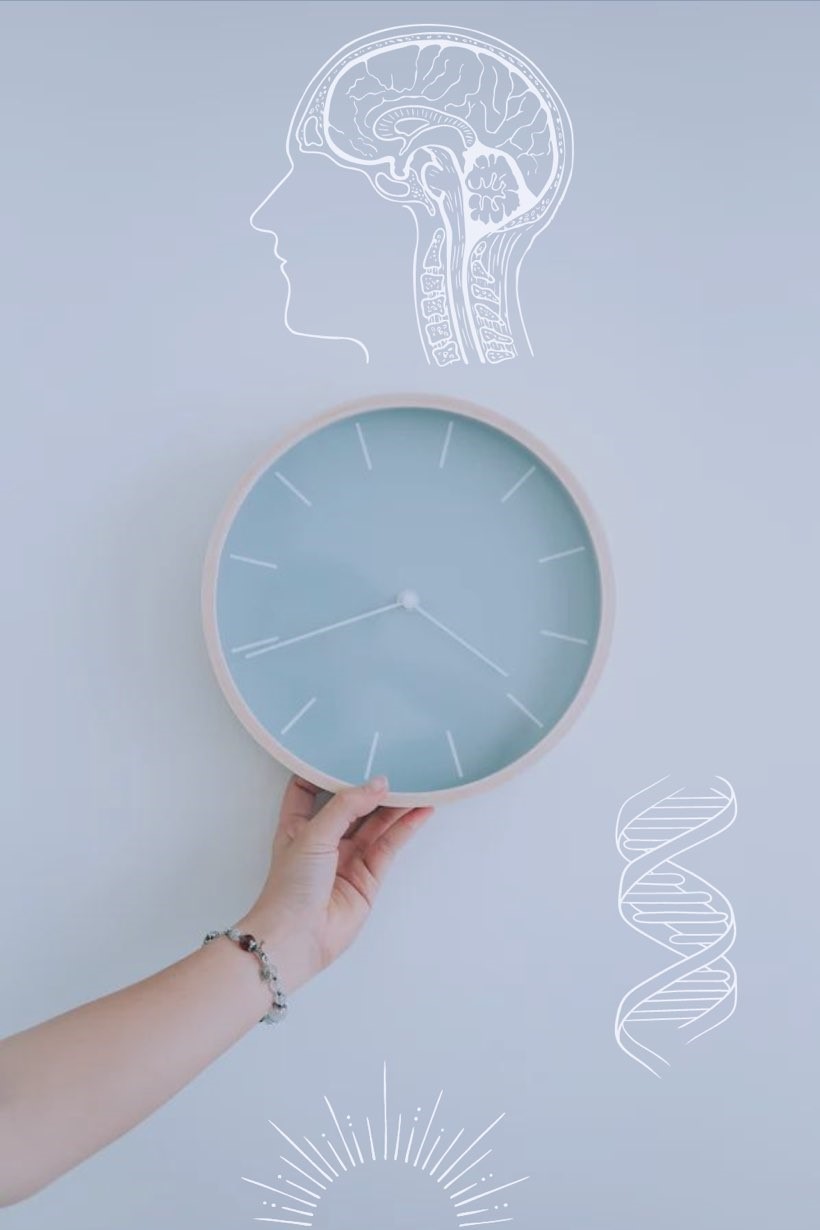
Types of biological clocks in human
Presesnt in brain. Also called SCN ( Suprachaiasmatic nucleaus )
Situated in various organs.
It is inside each cell as gene.
Details how each type of biological clock is explained below.
1.Central clock / Master clock
This is the most vital clock out there situated in brain. It secretes melatonin hormone from pineal gland.
The exact mechanism how pineal gland secretes melatonin is as depicted below in 4 steps.
- Light falls on retina of eyes
- stimulates SCN ( Suprachiasmatic nucleus )
- suppresses pineal gland
- reduces melatonin secretion
Here SCN ( Suprachiasmatic nucleus ) is nothing but a group of nerve cells. As SCN processes and sends signal to pineal gland, it is otherwise entitled as “Central biological clock” or “Master clock”.
Absence of melatonin during the day keeps us alert and awake ( as melatonin is hormone of sleep ).
Reverse happens at night. Darkness stimulates pineal gland to discharge more and more melatonin. Consequently we fall asleep at night.
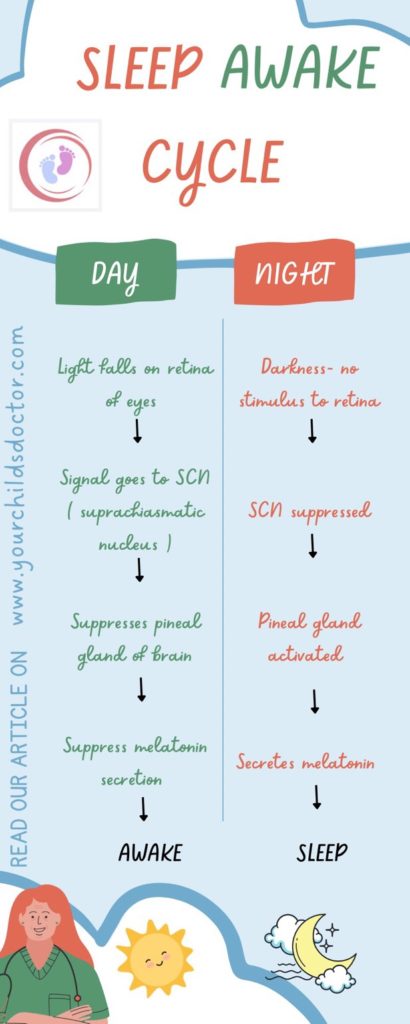
2.Secondary clocks
Besides central clock, there are many secondary biological clocks for vital organs like liver, kidney, heart, glands etc. These can detect time of day and function independently. Central clock coordinates all secondary clocks to function smoothly in unison.
3. Cellular/ Molecular clocks
Can you imagine that our each body cell is aware of approximate time of day! Scientific research has shown that certain chemicals in cell fluctuate during day and night.
But how does biological clock function at cellular level? It is because of genes. One such important gene is “period gene” ( per gene ). This gene changes its expression over 24 hour to sustain circadian rhythm.
External factors
If you got a clock, just having it is not enough. A clock need to be set right. In case of biological clock this is done by external input. There are 4 types of external stimuli that set or reset this clock.
- LD ( LIGHT – DARK )
- EF ( EATING – FASTING )
- SI ( SOCIAL LIFE – ISOLATION )
- NQ ( NOISE – QUIET )
These external factors are also called as “zeitgebers”. Out of all, ‘sunlight’ is most fundamental factor to maintain circadian rhythm. Eating, having social activity and noise indicates body that it is day time. Likewise fasting, isolation and quiet surrounding implicate biological clock that, it is night.
Conclusion
Biological clock is a means for body to maintain harmony and balance. To stay healthy and function with best capacity, we should get along with this clock as much as feasible.
Share this article to maximum with everyone and help them know what does biological clock mean. Comment your suggestion below.
Caution
All the informations provided here are for educational and awareness purpose only. Kindly do not use these as alternative to medical consultation.

